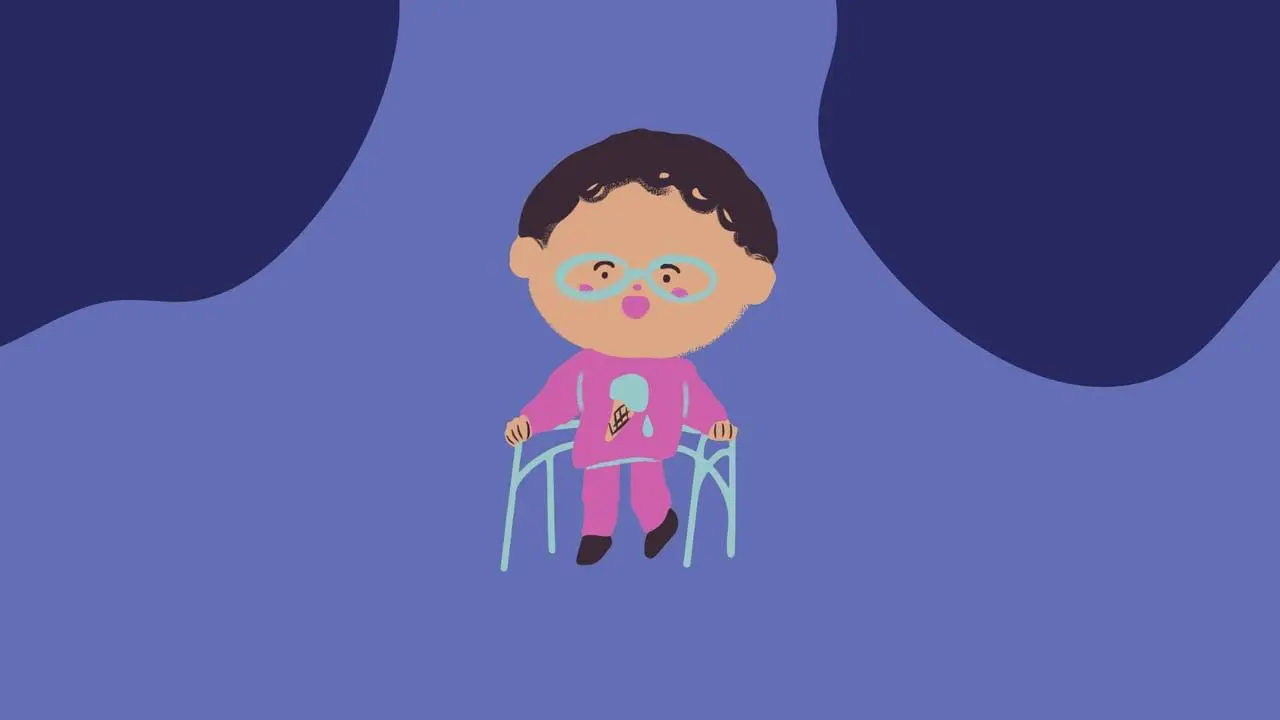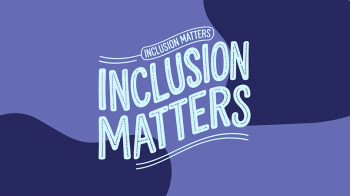Welcome to the TeMa platform! Today, we are excited to provide you with valuable insights into identifying the signs of autism in children and understanding its diverse manifestations. Autism is a multifaceted neurological disorder that profoundly impacts the development of communication, social skills, and behavior. The symptoms of autism spectrum disorder (ASD) can vary greatly in intensity and presentation, making each case unique. While some children with autism exhibit high levels of functioning and excel academically, others require ongoing support and assistance. It is crucial to recognize that autism is not indicative of intellectual deficiency, as many individuals with this condition possess exceptional abilities across various domains.
Types of Autism: Understanding the Variations and The Core Symptoms of Autism
Autism encompasses various types, each presenting distinct characteristics and early signs that indicate the presence of autism. One prevalent type is childhood autism, which becomes apparent during early stages of development. Additionally, there is adult-onset autism, which may be identified later in life. Apart from these, there are other forms of ASD, including atypical autism, Asperger's syndrome, and childhood disintegrative ASD disorder. Atypical autism is characterized by a regression in previously acquired skills and developmental setbacks. On the other hand, Asperger's syndrome involves social and communication difficulties alongside typical intelligence and speech development. Childhood spectrum disorder represents a rare but severe form of autism, wherein children experience a loss of previously acquired skills and social interaction abilities.
By comprehending the distinct types of autism, it becomes possible to conduct a more precise assessment of the requirements and approaches necessary to support and treat individuals, be they children or adults, with autism. It is essential to recognize the uniqueness of each individual with autism and provide individualized and comprehensive interventions to enhance their quality of life and overall development.
What Are the Symptoms of Autism?
The indications of autism can be noticed through a variety of symptoms, and it is crucial to be able to recognize them. Autism exhibits a broad range of symptoms, and timely identification of these signs is vital for providing necessary support. For example, challenges in social interaction may manifest as difficulties in establishing emotional connections, interpreting nonverbal cues, or empathizing with others' emotional states.
Here are several significant signs of autism:
- Limited interests and repetitive behaviors.
- Difficulties in communication and interacting with peers.
- Deviations in speech development and language skills.
- Sensitivity to changes in the environment and new situations.
Symptoms of autism can also be observed in infants. Early detection and immediate response are crucial. Some symptoms in infants include limited use of gestures and facial expressions in communication, failure to point at interesting objects or events, delayed speech development or absence of verbal communication, repetitive movements, or stereotypical behavior.
Can autism be treated with homeopathy?
There are various treatment options available for autism, and homeopathy is one of them. However, it is essential to highlight that there is a lack of scientific evidence supporting the effectiveness of homeopathic treatment for autism. Before considering homeopathy, it is advisable to consult with a qualified medical professional who can assess the individual characteristics of the child.
Autism is approached with a wide range of treatment methods, and homeopathy is included among them. Homeopathy operates on the principle of using highly diluted natural substances that are similar to the symptoms experienced by the individual with autism. Nevertheless, it is crucial to recognize that the scientific validation of homeopathic treatment for ASD autism is lacking and subject to ongoing debate within the medical community.
Signs of Autism in Motor Impairments: Understanding the Symptoms
Motor impairments in individuals with autism can be observed through atypical movements, including repetitive hand or body movements, purposeless hand flapping, or repetitive posturing. Some individuals with autism may experience challenges with motor coordination or exhibit hyperactive behavior. Additionally, motor control and fluidity of movements may be affected.
Furthermore, autism-related motor impairments can also involve difficulties with both gross and fine motor skills in both children and adults. This can manifest as struggles with tasks such as writing, using tools or toys, and limited self-care abilities.
On the TeMa platform, there are tutors who specialize in working with children with autism signs and can assist you in autism support children. Sign up for a lesson, and we will be happy to help you in this important process.
We strive to create an inclusive educational environment and provide all opportunities for the comprehensive development of children with autism diagnosis. By working together, we can help each child unlock their potential and become active and successful participants in society. And remember, autism in children is not a sentence. We are always ready to assist you and your child on the path to success and well-being!


-preview.png)